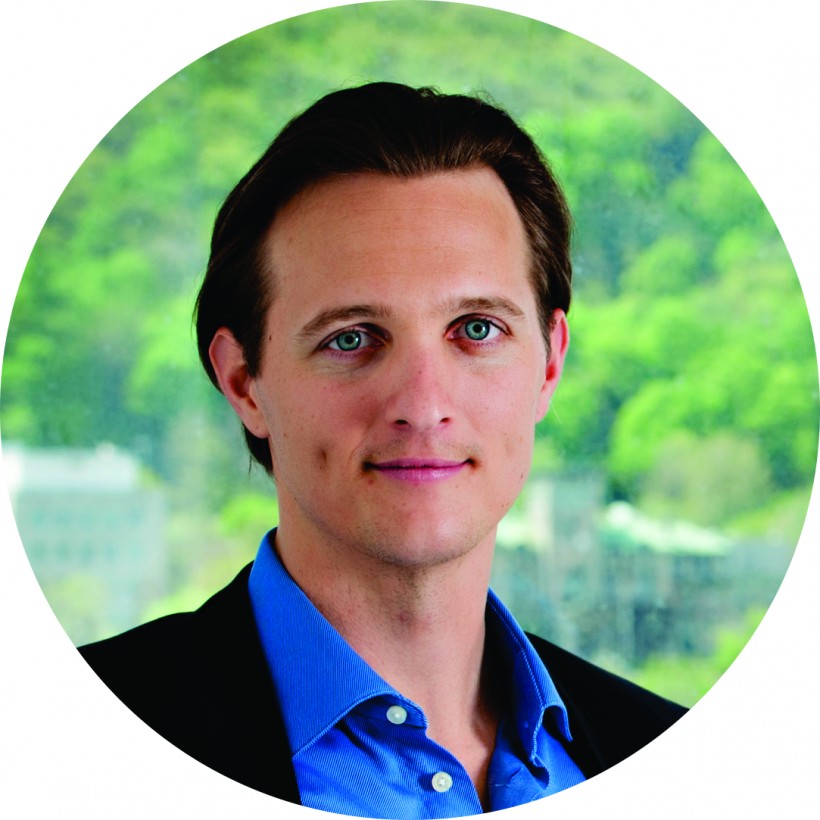After winning two international competitions in the past 14 months, Halifax clean-tech company SabrTech is focusing on plans to deploy its main product, The RiverBox, in Thailand.
SabrTech describes The RiverBox as “the world’s first modular, scalable and rapidly deployable biofilm platform for the production of algal biomass.” What that means is the company has devised a system of growing trays that fit in a shipping container and can produce huge amounts of algae. The algae remove animal waste from water to produce animal feed, improving the ecological and economic performance of aquaculture and livestock farming.
Founder and CEO Mather Carscallen said in an interview that food production can create a lot of water pollution due to animal waste. What The RiverBox does is produce algae that consumes that waste, allowing a run-off of clean water, and converts the waste into protein that can be used as animal feed.
“We’ve gone up to a full-scale system and we got to a point where we have a customer lined up in Southeast Asia who wants to test multiple systems on site,” said Carscallen.
Carscallen and SabrTech first drew notice in Nova Scotia in 2012 when it won Innovacorp’s CleanTech Open competition with a plan to develop large-scale algae facilities. After discussions with potential clients, the company hit on the The RiverBox, a small, modular concept that could be installed on site and enhance food production.
Fostering Life Sciences Companies in NS
After going through Cycle Capital’s EcoFuel Accelerator in Montreal, SabrTech began to gain international recognition. Last autumn, it won the Pre-Revenue Business category at the Fish 2.0 competition at Stanford University in California. Then, last month, it won the Food and Agriculture category at Eco SXSW, the environmental industries offshoot of the South by Southwest conference in Austin, Texas.
The prizes are great, but what Carscallen really valued about these events was that they led to tremendous relationships. It was at Fish 2.0 that he met Thai entrepreneurs, which led to a series of collaborations. Carscallen ended up spending more and more time this year in Thailand, where he found an ecosystem perfect for developing a clean-tech company.
“It’s arms wide open,” said Carscallen when asked about the reception he received. “Not only is there the desire for people to work together, but there’s the financing and . . . everything from the plant locations to the wet labs to on-site facilities.”
He said the Southeast Asian country has a series of science parks which can help with the development of The RiverBox and a range of customers eager to install products that reduce pollution. SabrTech is collaborating closely with DHI, an international not-for-profit dedicated to improving water conditions around the world.
In the future, Carscallen will be based in Thailand, to work on installations and grow the customer base in the region. The company will retain an operation in Halifax, largely a research and development team that is working with academic institutions including Dalhousie University.
The goal in the next few years is to scale up in the market where the company is finding market traction, and that is Southeast Asia.
And SabrTech’s growth will probably require more capital. Said Carscallen: “As we scale up, there will have to be some private investment come into play.”










